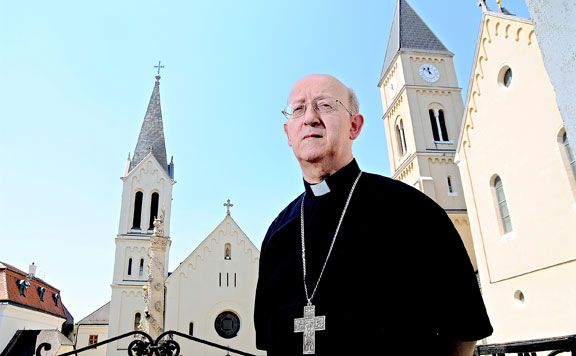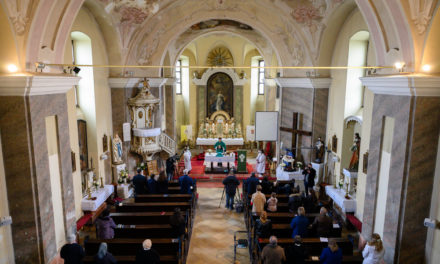In the New Testament Scriptures, the word slave appears only a few times, mostly figuratively or in a way that condemns slavery.
For example, he condemns the Egyptians, who kept the sons of the chosen people in slavery (Acts 7:7). Saint Paul declares: "There is no longer Jew or Greek, slave or free, male or female, for all have become one in Christ" (Gal 3:28). The emphasis here is on the fact that none of them precedes the other in rank. The letter written by the apostles to Philemon is touching, accompanied by the return of a runaway slave: "I send it back to you as my own heart..., but no longer as a slave, but as more: as a beloved brother..." (Philem 12.16 ) .
If you read a "politically correct" textbook on Islam, you would think that Islam does not recognize slavery as legal either. The words "slave" and "slavery" are not found either in the table of contents or in the index (as well as the term jizya = headmaster).
Then, if we read into the Koran or the Sunnah, we are in for a huge surprise: every step of the way, we bump into slaves and slave-girls who are "owned" by Muhammad or his followers . (The Dr. Csaba Okváth, regularly replaces the word "your slave" with the gracious phrase "those whom your right owns". But a slave remains a slave because of this...) Slavery in Islam is as natural as breathing. The word is never found in a negative light either in the Kora or in the Sunnah. /4./
Q 16:75: “Allah spoke a parable about a servant in a row of slaves who has nothing and another whom We have taken good care of. The latter donates from it secretly and openly. Are they equal? Thanks be to Allah!”
K 30.28: "He gave you a parable taken from yourselves: Do you share your wealth equally with any slave that your right owns? Do you fear them as you fear yourselves? This is how we explain the signs to a people who use their minds.”
AK 4.36, on the other hand, requires kindness not only towards parents, relatives, orphans, the poor, neighbors, fellow travelers and wanderers, but also towards slaves. In the background there is the intention to convert to Islam. The liberation of a Muslim or a slave converted to the Muslim faith is otherwise commendable. According to Bukhari 3,46,693: Muhammad said: "If one frees a Muslim slave, Allah will free him from the fire of Hell just as he has now freed the slave."
Perhaps the darkest side of the Muslim slave system is that a man (even a married man) can legally have intercourse with slave women "owned by his better man". (Cf. K 23.1-6; 70.22-30). According to AK 4.24, even a married female slave can be treated as a sex slave!
There is no doubt that most Muslim states have officially abolished slavery. Accordingly, from the English translation of Nu Ha Mim Keller (Reliance of theTravaller and Tools of theWorshipper) of the Shari'a Law, it was possible to "forget" the chapter on slavery... However, since Islamic states do not have a simple state church, as in the former Christian states, but " church state" (theocracy), the abolition of slavery is almost impossible. Allah allowed, Muhammad also practiced the intensive slave trade, how can the government of a Muslim country come to prohibit them...?
Accordingly, the slave industry that once flourished and caused countless slave deaths still exists today : especially in Saudi Arabia, Sudan and Mauritania. Jesuit Father Henri Boulad He became a Hungarian citizen on the 16th, and he even saw a market where a naked Negro girl was sitting among the goods, indicating her price. (Speaking of this in Western Europe is of course not correct and equal to Islamophobia...)
In such cases, one hears the opinion of those who "don't like to talk about Muslim crime, because similar crimes have been committed by Christians." However, they forget about one difference: The Christian slave traders were not followers of Christ, but rather only baptized pagans, for whose sins even the popes have asked for forgiveness several times; on the other hand, those Muslims who supplied the pseudo-Christians with slaves on the coast of West Africa were true Muslims, followers of Muhammad, even if their actions must be kept quiet, and no one has yet apologized for them...
Author: Gyula Márfi













